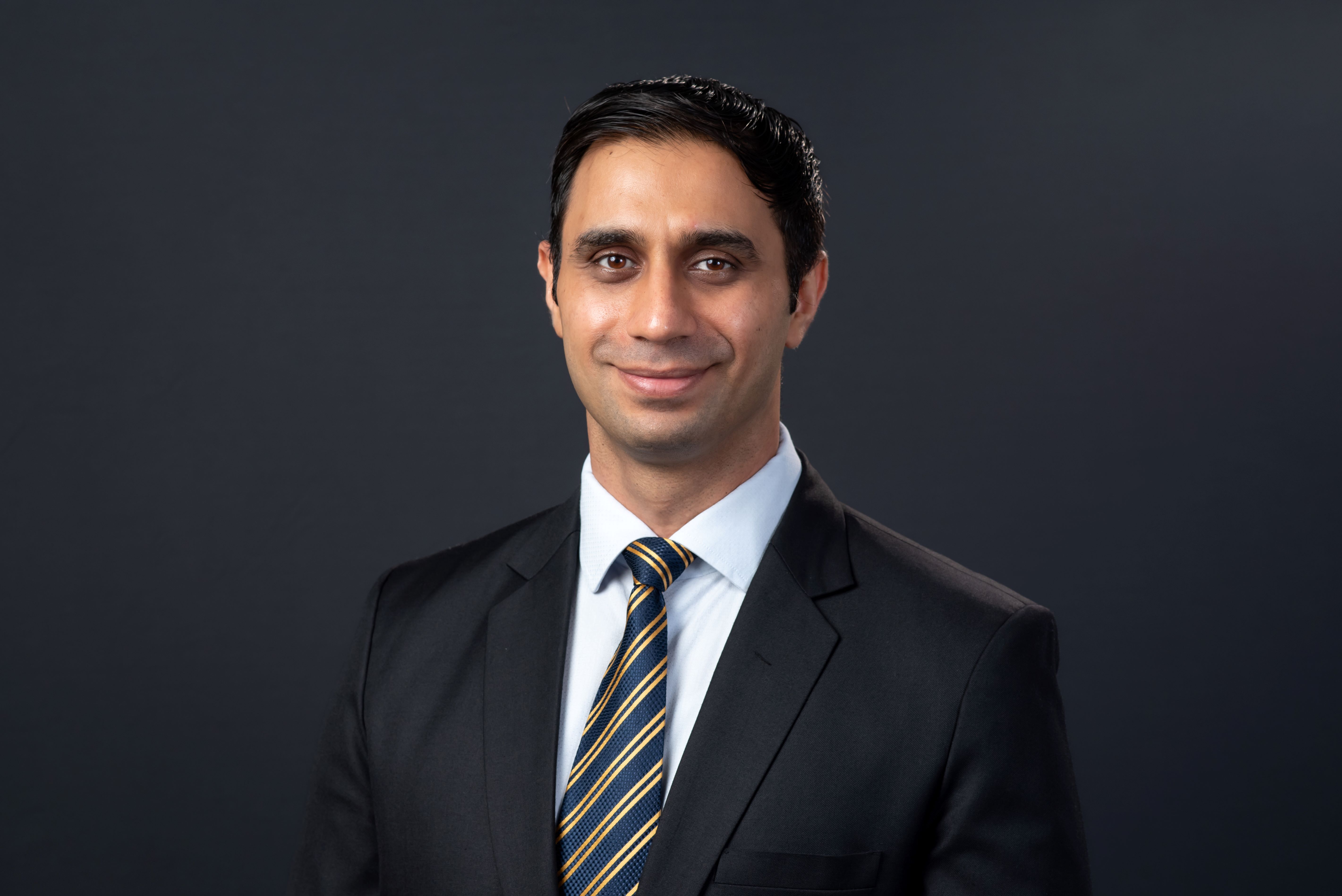Summary
This is a series of letters on the art of investing, addressed to a young investor, with the aim to provide timeless wisdom and practical advice that might help new investors in their investing journies. Our goal is to help young investors navigate the complexities of the financial world, avoid misinformation, and harness the power of compounding by starting early with the right principles and actions.
Dear Young Investor,
I hope this letter finds you well.
Today, I want to talk to you about a question that sounds simple but can change the way you think about investing and life. But before that, let me talk a bit about… Disney.
So, a few years ago, Disney conducted a study to uncover what fascinated children most in their theme parks. Was it Mickey and Minnie? The spinning teacups? Or the grand Cinderella’s castle?
Surprisingly, it was none of those.
What caught the children’s attention most was their parents’ cell phones, especially when the parents were staring at them. Amid all the magic of Disney, the glowing screen still won.
It’s an almost perfect metaphor for modern life. We’re surrounded by wonder but distracted by noise. We check our phones first thing in the morning and last thing at night. Our attention, which is our most precious capital, is constantly borrowed by notifications. And like all debts, there are consequences in the form of shallow conversations, distracted relationships, and minds unable to sit still.
As one wise person said, “You are free to make whatever choice you want, but you are not free from the consequences of that choice.”
Consequences: The Missing Variable
We often ignore this simple truth in investing and in life. We act as if the future will cooperate with our plans. We focus on probabilities (asking “what are the odds that I’m right?”) instead of consequences (“what happens if I’m wrong?”).
Peter Bernstein, in Against the Gods, put it beautifully: “The consequences of being wrong must carry more weight than the probabilities of being right.”
That’s a profound insight most investors miss. We obsess over forecasts and probabilities, all built on the illusion that we control the risk of losing our capital completely. But as Bernstein reminds us, “We don’t know what’s going to happen with anything, ever.”
So, the real question is not “What are the odds?” but “Can I survive if I’m wrong?”
Warren Buffett has often written about this idea of thinking in consequences. In his 1959 letter, he said he’d rather “sustain the penalties resulting from over-conservatism than face the consequences of error.”
Nassim Taleb echoes this in The Black Swan: “The probabilities of very rare events are not computable; the effect of an event on us is considerably easier to ascertain.” In other words, we may not know the odds of a market crash, but we can certainly assess whether we’ll be ruined by one.
And that’s where wisdom lies. Not in predicting the storm, but in building a house that won’t collapse when it comes.
“And Then What?”
Buffett once said, “The key thing in economics, whenever someone makes an assertion to you, is to always ask, ‘And then what?’”
It sounds simple, but it’s one of the most powerful questions you can ask as an investor.
Let’s say a company announces a massive capacity expansion. The average investor concludes that more capacity would mean more revenue. But a thoughtful investor pauses and asks, “And then what?”
Will the added capacity create real pricing power, or will it flood the market and hurt margins? Will profits actually rise, or will competition erase the gains?
Munger shared a perfect example from Berkshire’s old textile business. Every few years, the company invested in better machines that promised to “pay for themselves in three years.” After two decades, Berkshire had earned just 4% annually. The machines and the math worked. But the consequences didn’t, because all the savings went to customers, not shareholders.
The lesson here is that improvement is not the same as advantage. You must ask, “And then what?” before every action, investment, or claim.
The Cost of Ignoring It
Most investing disasters stem from neglecting this question.
When investors overpay for a business, they forget to ask: “And then what if the future doesn’t turn out as expected?”
When they buy companies with high debt, they skip: “And then what if credit dries up?”
When they partner with dishonest management, they overlook: “And then what if integrity turns out to matter more than quarterly profits?”
Even the mighty have fallen this way. Buffett himself confessed that his early investments in Berkshire’s textile division were a mistake. He kept throwing good money after bad because he didn’t stop to ask, “And then what?”
You don’t have to be a pessimist to think this way. In fact, it’s the opposite. Asking “And then what?” is an act of hope. It means you care about surviving long enough to see compounding work in your favour.
When you analyse a business, always look beyond the immediate numbers. Think second order, as Howard Marks puts it. What will this decision lead to, and what will that lead to? If a company’s profit margins rise, will competitors notice? If the management takes on more debt, how will that look in a downturn? If the market is euphoric, what happens when euphoria fades?
This applies just as much to mutual fund investors. When you choose a fund because it has topped the performance charts for the past year, ask yourself, “And then what?” Will this performance sustain when the market environment changes?
When you invest in a thematic or sector fund because it’s the new trend, ask, “And then what happens when the cycle turns?”
When you chase the latest NFO (new fund offer) because it looks fresh and exciting, pause and ask, “And then what value does this fund add that existing ones don’t?”
Or when you redeem a fund after one bad year, ask, “And then what happens to my long-term plan if I keep reacting to short-term discomfort?”
Investing, like life, is about endurance. The secret is not in chasing the highest returns but in avoiding mistakes that could permanently damage your ability to stay invested.
Asking “And then what?” turns you from a reactive investor into a reflective one. It helps you see beyond performance numbers to the behaviour that drives them.
In a world full of distractions and noise, asking “And then what?” is how you reclaim your attention, and your future.
With curiosity and caution,
Vishal
Industry insights you wouldn't want to miss out on.
Written by
Disclaimer
This is an investor education and awareness initiative by DSP Mutual Fund. All mutual fund investors have to go through a one time KYC (Know Your Customer) process. Investors should deal only with Registered Mutual Funds (‘RMF’). For more info on KYC, RMF and procedure to lodge/ redress any complaints visit dspim.com/IEID. For SMART Online Dispute Resolution portal, visit link https://smartodr.in/login
All content on this blog is the intellectual property of DSPAMC. The user of this site may download materials, data etc. displayed on the site for non-commercial or personal use only. Usage of or reference to the content of this page requires proper credit and citation, including linking back to the original post. Unauthorized copying or reproducing content without attribution may result in legal action. The user undertakes to comply and be bound by all applicable laws and statutory requirements in India.
Mutual Fund investments are subject to market risks, read all scheme related documents carefully.
 Account Statement
Account Statement  Capital Gain Statement
Capital Gain Statement  Key Information Memorandum
Key Information Memorandum  PAN Updation
PAN Updation  Register / Modify KYC Online
Register / Modify KYC Online  Nominee Registration
Nominee Registration  Email / Phone Updation
Email / Phone Updation  OTM / eNACH Registration
OTM / eNACH Registration  Guidelines for Incapacitated Investors
Guidelines for Incapacitated Investors  FAQs
FAQs Reach us
Reach us




















Write a comment